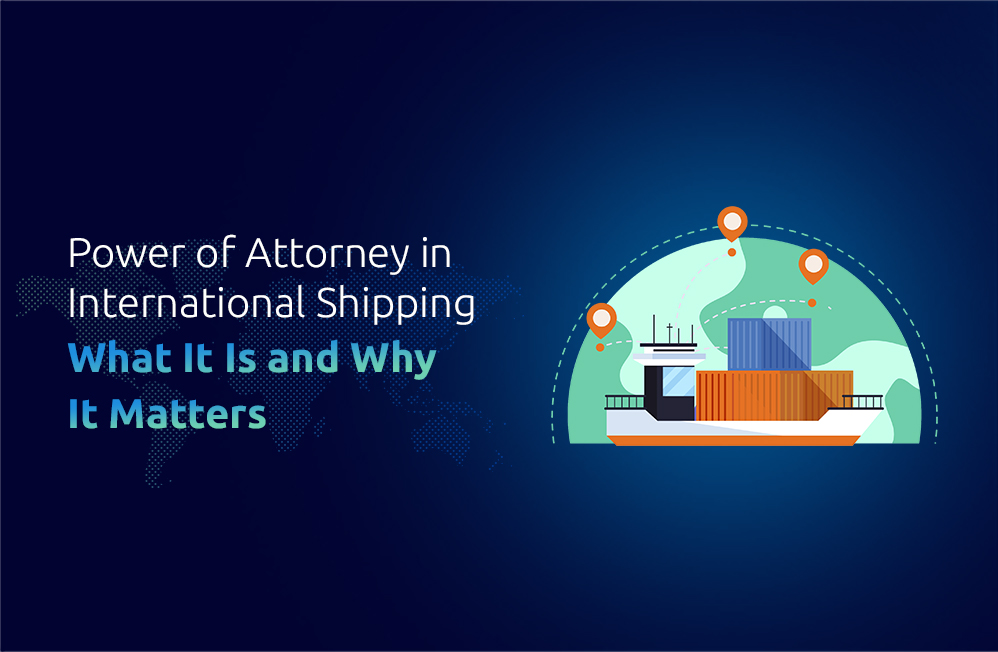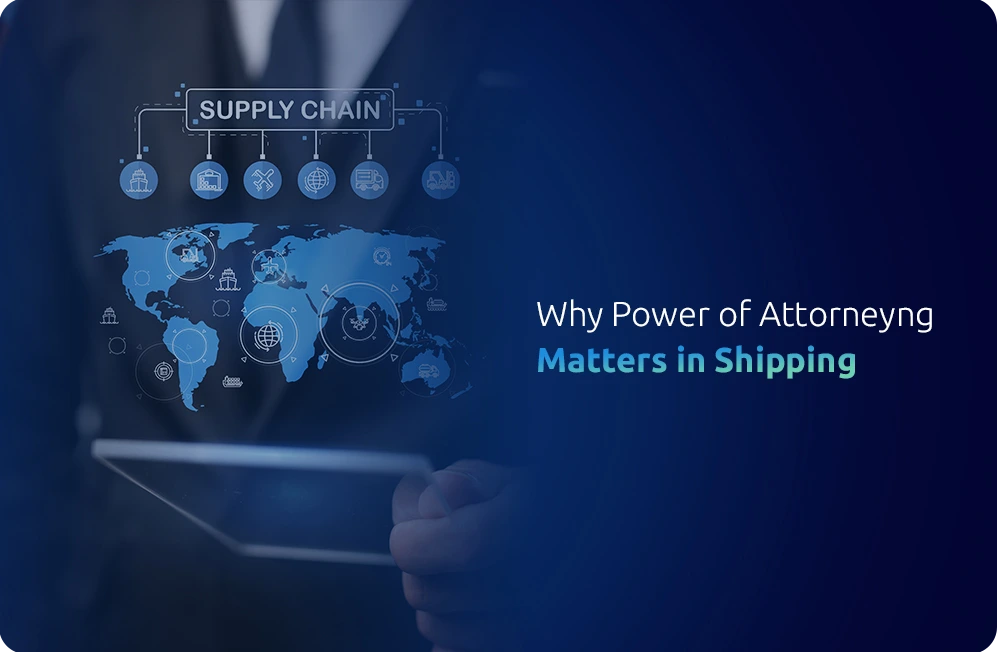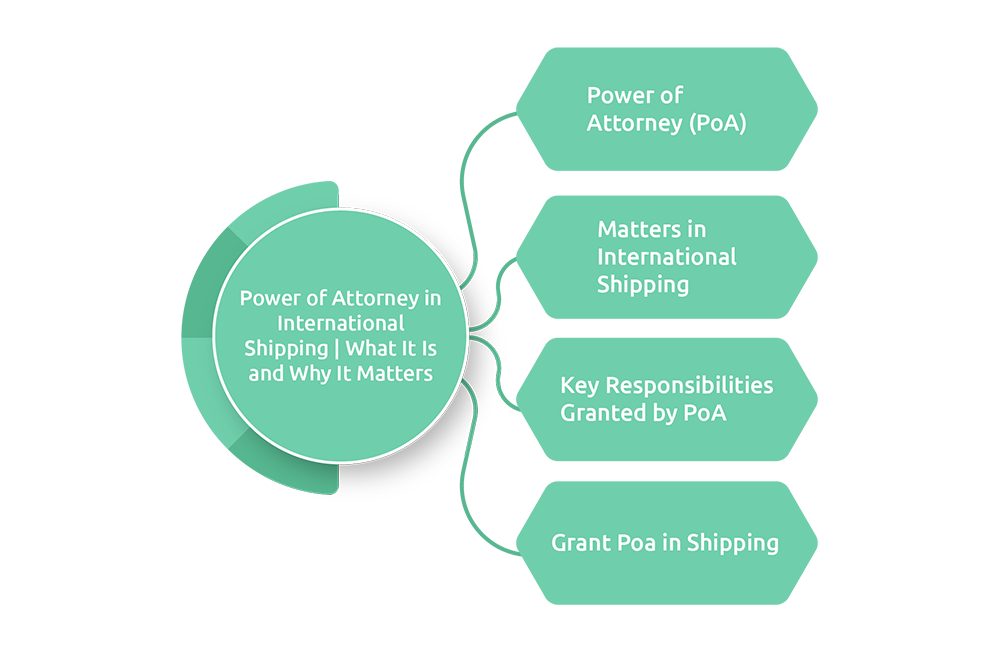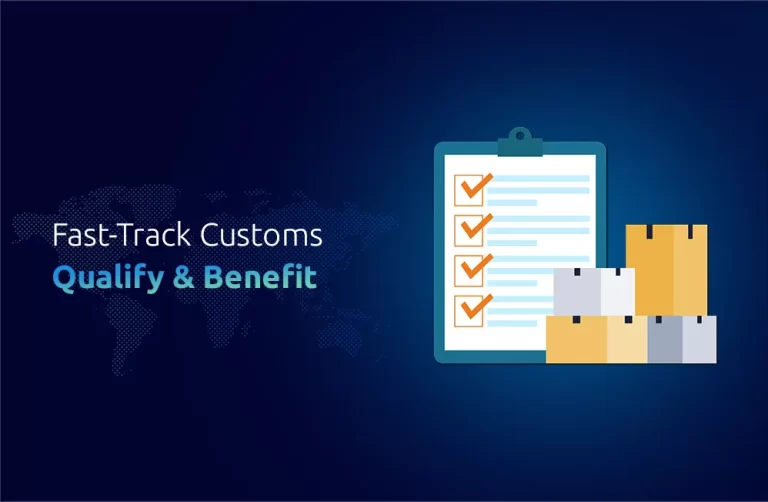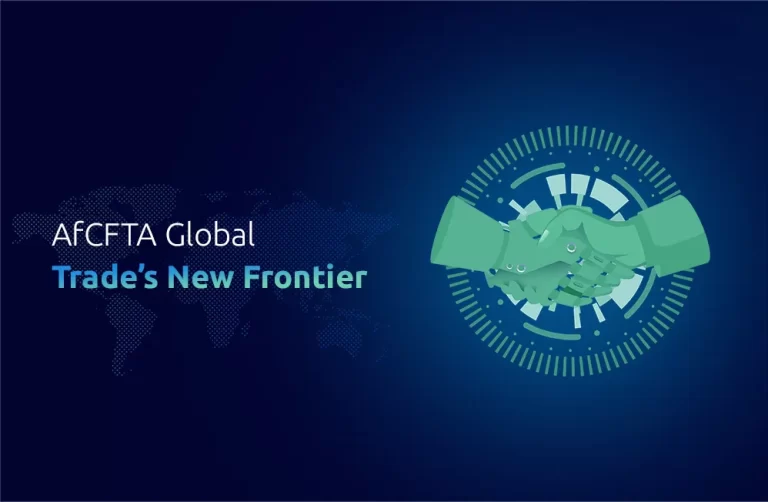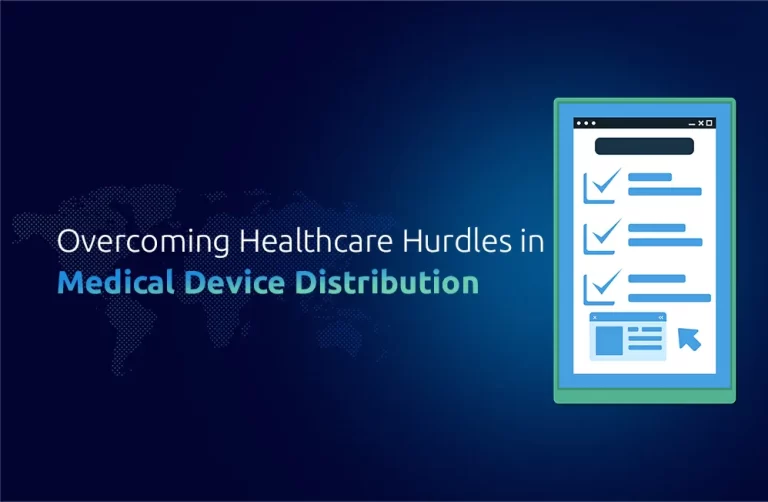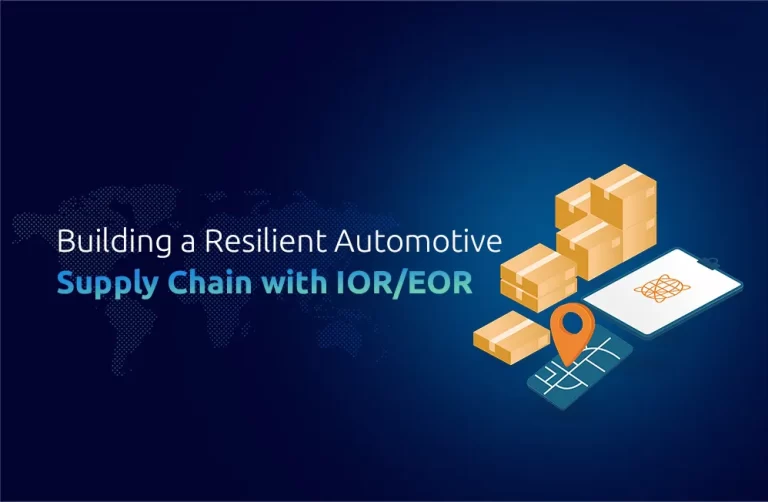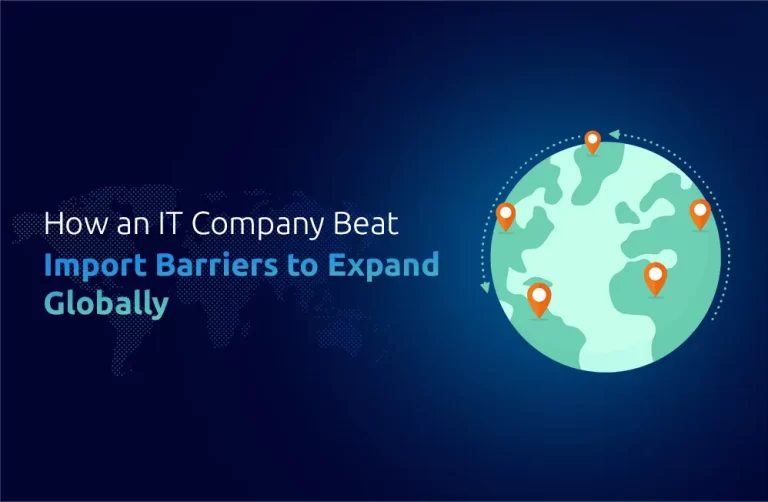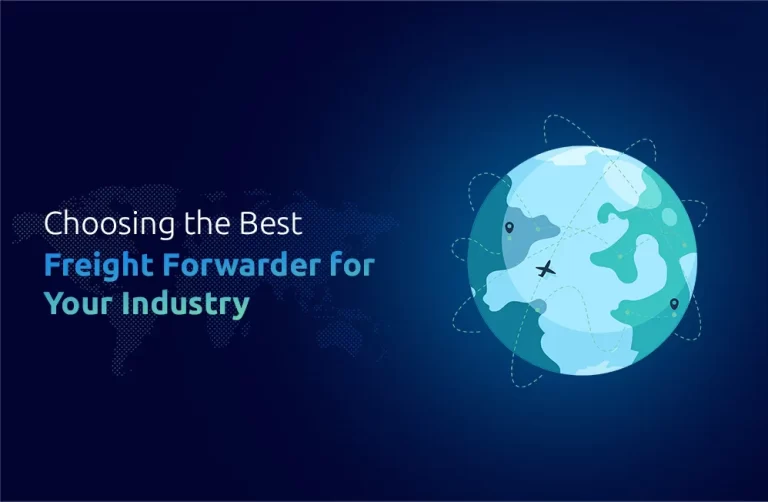Global shipping comes with its own set of laws and rules when it comes to customs clearance, one tool that can make this process simpler is Power of Attorney (POA). If your industry involves aviation, IT, medical equipment shipping, or automotive equipment shipping a POA could be instrumental in creating smooth customs procedures without hassles for your business. Here’s why a POA matters and how it can make international shipping simpler.
Introduction
A Power of Attorney (POA) is an important document in global shipping; allowing third parties like freight forwarders or customs brokers to manage customs declarations, duties, and taxes on your behalf is especially important for industries such as aviation, automotive, IT, and medical equipment. A POA ensures smooth customs clearance, reducing the chance of delays and extra expenses that can arise without proper legal authorization.
Let’s summarize the importance of POAs in international shipping, provide details as to when and where they can be used, and demonstrate how you can obtain one to keep your business running smoothly.
What Does an International Shipping Power of Attorney Mean?
An international shipping POA grants another person, known as an authorized agent, legal authority to act on your behalf during the shipping and customs processes. This document can prove especially helpful when dealing with customs authorities who often need representation by someone familiar with local laws and procedures; your freight forwarder, customs broker, or another logistics partner you trust with your shipping operations may serve as your authorized agent.
Why Is a POA Important?
International customs regulations are complex and vary by country, making a POA essential in dealing directly with customs authorities and ensuring all paperwork is completed, duties paid, goods are cleared for entry. Without one, customs may delay or refuse processing your shipment resulting in costly delays and potentially financial losses.
Why Is A POA Necessary for International Shipping?
Customs Clearance:
As customs regulations vary widely depending on where your shipment travels, your representative needs legal authority to manage these complexities on your behalf. A Power of Attorney gives your freight forwarder or customs broker the legal mandate they need to file declarations, obtain duty exemptions, or negotiate tariff codes on your behalf.
Avoid Delays and Penalties:
Without a Power Of Attorney, the shipment could be held up at customs until they receive authorization, leading to significant delays & storage charges not to mention potential penalties for not adhering to customs regulations.
Handling Specialized Equipment Efficiently:
Industries such as aviation, IT, medical, and automotive often need highly specialized equipment shipped, requiring extra special handling and paperwork – A POA ensures your shipping partner can take care of these details to avoid delays that can cost extra money.
Industries That Benefit From POA in International Shipping
- Aviation Industry Equipment
Aviation transport often deals with high-value, sensitive equipment like aircraft parts, navigation systems, and ground support tools that must comply with strict safety and regulatory standards when being shipped internationally. A POA grants your freight forwarder or customs broker authority to monitor compliance with such standards while managing export licenses efficiently and expediently clearing customs.
- IT Industry Equipment
IT equipment such as servers, routers, and hardware is highly susceptible to environmental factors during transit. Furthermore, shipping IT internationally involves navigating tariffs and any applicable import regulations, so using a POA, your logistics provider will help ensure your IT cargo moves quickly through customs while managing any restrictions that might apply to its high-tech equipment.
- Medical Industry Equipment
Medical equipment–like MRI machines, diagnostic tools, and hospital supplies–must meet stringent regulatory requirements before it can be imported into a country. A POA ensures your freight forwarder or customs broker can manage the necessary documentation, certifications, and customs declarations for this critical shipment, helping prevent delays that could compromise healthcare services.
- Automotive Industry Equipment
Automotive parts and machinery often must meet stringent regulatory standards when crossing international borders, from emissions compliance to product safety regulations. With a Power of Attorney Agreement in place, your customs broker or forwarder can deal with these hurdles effectively, guaranteeing timely delivery with compliance when manufacturing or after-market distribution takes place.
Countries Requiring POA Agreement
Powers of Attorney may vary depending on your country, but many international customs processes require them for smooth clearance. Below are a few key examples where it’s often mandatory:
United States: To clear importers’ goods through customs brokerage services, customs brokers need a Power of Attorney (POA).
Germany: When shipping goods that fall under customs control for dual-use purposes, an advance customs declaration (POA) may be necessary for customs clearance.
Brazil: Importers working with customs brokers need a Power of Attorney for Legal Compliance purposes.
China: For businesses operating in China, a Power of Attorney Agreement may be necessary to navigate complex import restrictions.
India: Customs brokers specializing in handling high-value shipments such as technology or pharmaceuticals require a Power of Attorney Agreement to be compliant and handle these complex shipments efficiently.
Switzerland: Renowned for its stringent customs procedures, Switzerland often requires a POA as part of the customs clearance process.
How to Register Power of Attorney for International Shipping
Acquiring a Power of Attorney for international shipping is straightforward but requires paying careful attention to detail. Here’s how you can start:
Choose the Type of POA: Decide whether a general or limited POA would best meet your shipping needs, for instance, a specific POA that covers only customs clearance matters.
Draft the Document: Be sure that all necessary legal terms are included to ensure your document conforms with local laws.
Sign & Notarize: In order for the POA to take effect, its grantor (you) must sign it & notarize it as per local regulations.
Submit to the Authorities: Once completed & signed, provide your POA to an authorized representative, such as a freight forwarder or customs broker, so they may use it when needed.
Potential Challenges When Using a POA in International Shipping
Language Barriers
In countries where the official language varies from your own, it’s important to have the POA translated to avoid any legal misunderstandings.
Legal Differences
Each country has its own POA translated to avoid any legal misunderstandings. Make sure your POA is compliant with the legal requirements actions regarding Powers of Attorney. Make sure your POA is compliant with the legal requirements in the destination country.
Time Constraints
Obtaining and processing a POA can take time, especially if notarization or legal translation is required. Plan to avoid delays in your shipping schedule destination country.
The repercussions: if you fail to sign a Power of Attorney agreement
Your shipping process could run into serious obstacles without an appropriate Power of Attorney in place, including:
Customs Delays: Delays at customs could prevent your goods from crossing over, leading to costly storage fees and extended delivery times.
Financial Losses: Delays may lead to lost business opportunities and penalties from clients, which may lead to potential financial losses.
Legal Complications: Not adhering to customs regulations may result in fines or other legal consequences; noncompliance could even entail serious ramifications.
Conclusion
A Power of Attorney (POA) can serve as your safeguard against delays, penalties & the complexity of international shipping. No matter your industry – aviation, IT, medical or automotive – having a POA in place will make the difference when clearing your shipments swiftly and efficiently. At One Union Solutions, we offer expert guidance in guiding legal requirements to make this process seamless and stress-free – contact us now to see how we can assist with managing international shipments smoothly!
Did You Know…
According to a World Trade Organization (WTO) report, trade facilitation measures, like having a proper POA in place, can reduce shipping times by around 47% on average. This highlights the critical role legal documentation plays in global trade efficiency.
FAQ
What Does A Power Of Attorney Mean In Global Shipping?
A power of attorney allows an agent to represent their principal when it comes to customs clearance & shipping matters.
Why required to have a POA when shipping?
A Power of Attorney for Shipping ensures that your freight forwarder or customs broker can legally manage the customs process, reducing delays and fines.
Which industries benefit the most from POAs?
Industries such as aviation, IT, medical equipment, and automotive production benefit most from using a POA, as they often involve complex shipping and customs regulations.
Does every country require a POA for customs clearance?
No. Although not compulsory in every nation, many do require one for customs clearance purposes; examples include the U.S., Germany, Brazil, and China.
How can I obtain a Power of Attorney for shipping?
A POA should be created by considering your unique shipment needs, complying with local legal regulations, and having it signed and notarized.

